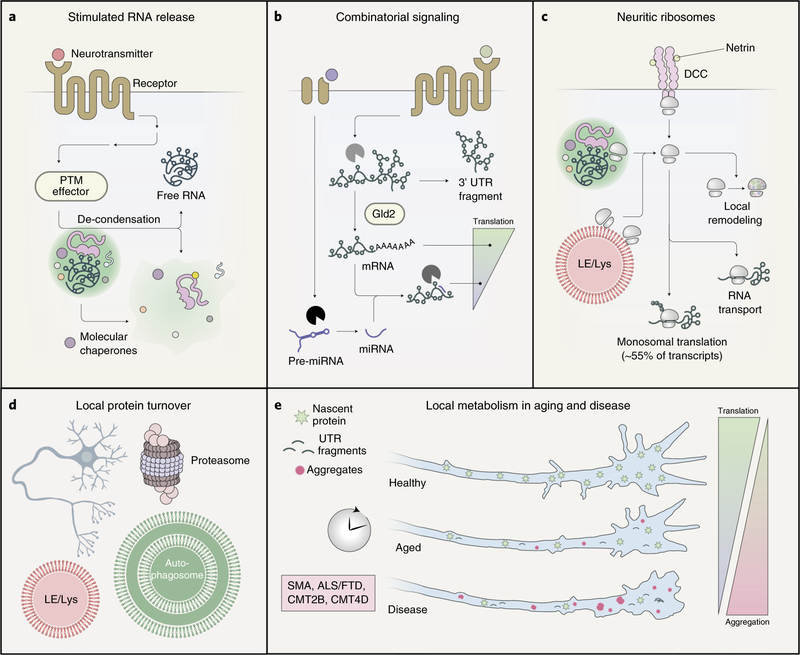Fig. 5 |. The RNA transport apparatus and local metabolism.
a, Upon arrival at the site where RNA is to be released for protein synthesis (mRNA) or translational inhibition (miRNA), the granule must undergo partial or full de-condensation. Membrane receptors, in response to neurotransmitter stimulation, can activate signaling pathways that trigger RBP post-translational modifications and cause granule dispersal. Molecular chaperones contained within the granule, which control biophysical changes involved in nuclear transit, can also disperse granules distally. b, RNA-modifying machinery, such as nucleases (light gray, dark gray and black) and polymerases (Gld2), are active in neurites. In response to various chemical and electrical stimuli, this machinery can precisely tune the translational status of a particular mRNA to local needs. c, Neuritic ribosomes can be released from membrane receptor (transmembrane receptor DCC) scaffolds by local stimulation, trafficked into neurites within transport granules or hitchhiked on the surface of LE/Lys. Within neurites, ribosomes undergo local remodeling to enable location-specific translation, participate in the late stages of RNA transport and undertake predominantly monosomal translation of mRNAs. d, Neurons employ two main proteolytic systems to maintain distal proteostasis. The proteasome, which processes small degradative cargoes, is recruited to and active within dendrites. The autophagy machinery (LE/Lys and autophagosomes), which typically handles larger cargoes, such as large protein assemblies or whole organelles, has primarily been observed within axons. e, Neurite outgrowth, maturation and maintenance over time are dependent upon the continual replenishment of new protein and the clearance of dysfunctional organelles and protein aggregates. As neurons age, both local translation and local turnover decrease, resulting in decreased overall function. Neurodegenerative diseases accelerate and intensify these changes (less local translation, more aggregates and UTR fragment accumulation), leading to drastic functional impairments.

